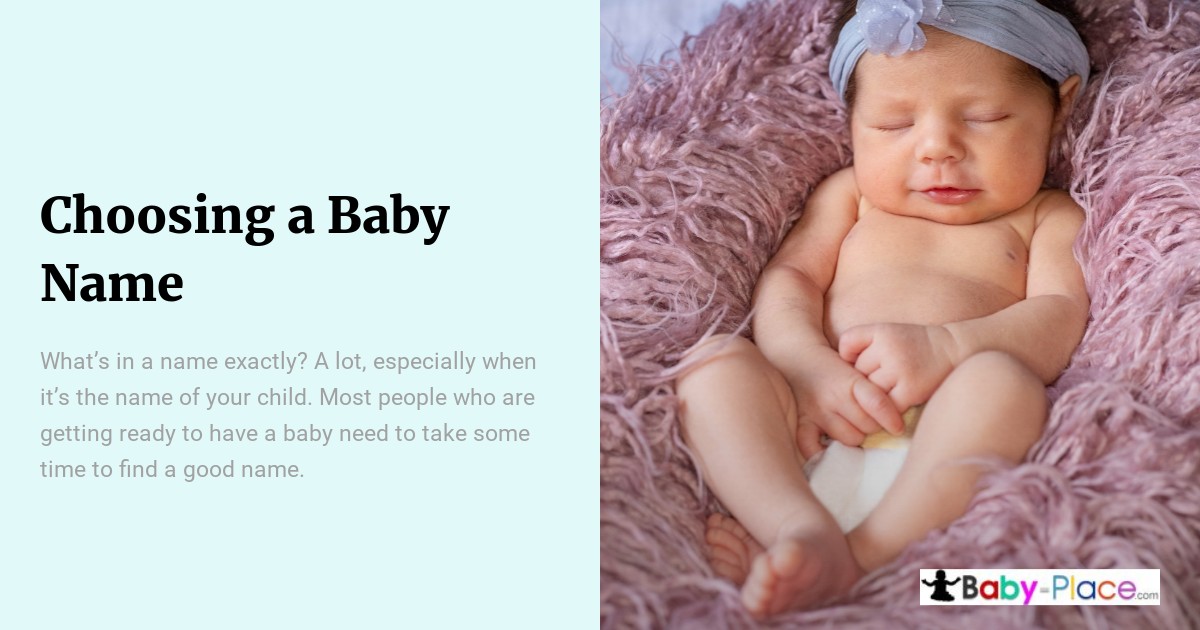
There are a lot of unknowns when it comes to caring for premature babies. Parents of preemies may feel overwhelmed and uncertain about what to do next. Fortunately, plenty of resources are available to help guide them through this difficult time.
The first few days and weeks after a premature birth are critical for the baby’s development. It is important for parents to be diligent about following the doctor’s orders and providing the necessary care for their tiny infant. This may include feeding, bathing, and dressing the baby, as well as monitoring their vital signs and keeping track of their progress.
Parents of premature babies should also reach out for support from their family and friends, as well as
Feeding your premature baby
Premature babies require a special diet that is different from the diet of a full-term baby. Breast milk is the best food for premature babies, but if you are not able to breastfeed, your baby will be given formula. Premature babies need to eat small amounts often to be fed every two to three hours.
Bathing your premature baby
Premature babies are at risk for a number of health problems, including infection. One of the ways to help reduce the risk of infection is to keep your baby clean. Premature babies can be bathed as soon as they are stable and their vital signs are stable.
There are a few things you need to keep in mind when bathing your premature baby:
- Check with your baby’s doctor to determine what bath soap is recommended. Some babies are sensitive to certain ingredients in soap.
- Never leave your baby alone in the bath.
- Be careful not to get water in your baby’s nose or mouth.
- Gently wash your baby’s hair and body using a soft cloth.
Clothing your premature baby
Premature babies are those that are born before 37 weeks gestation. Because their organs and tissues are not as fully developed as they should be, premature babies often require specialized care in a neonatal intensive care unit (NICU).
One of the most important ways you can help care for your premature baby is to keep him or her warm. Premature babies lose heat more quickly than full-term babies, so it is important to dress them in clothing that will keep them warm.
Some tips for dressing your premature baby include:
-Use clothes made of 100% cotton or other natural fibers.
-Avoid clothes with zippers, seams, or other rough edges that might scratch your baby’s delicate skin.
Sleeping with your premature baby
Premature babies need to sleep in an environment as close to the womb as possible. This means that they often sleep with their parents in the same bed. While there is some concern about the safety of this practice, research has shown that it is quite safe for both the baby and the parents.
There are a few things to remember when sleeping with your premature baby. First, you should make sure that the baby does not become too hot or too cold. Second, you should never smoke or drink alcohol around the baby. Third, you should always put the baby to sleep on his or her back.
Sleeping with your premature baby can be a great way to help him or her feel comfortable and
Premature baby development
Premature infants are those born before 37 weeks gestation. Premature babies often have difficulty breathing and can easily become sick. They may also have problems with their heart, brain, and eyes. Premature infants who weigh less than 1,500 grams (3 pounds, 5 ounces) are at the highest risk for complications.
There are many things you can do to help care for a premature baby. Keep the baby’s environment warm and comfortable. Make sure the baby is well-covered, especially if he or she is exposed to drafts. Be sure to handle the baby gently and always support the baby’s head and neck.
Premature babies are fascinating and developing at an incredible rate. It is important to understand their needs and provide the best possible care for them so they can reach their full potential.
Premature babies can weigh anywhere from 2 pounds to 8 pounds, and they can be as small as 10 inches long. Because they are so small, they are at a higher risk for health problems. Some of the most common problems include:
1. Respiratory problems- Premature babies often have difficulty breathing because their lungs are not fully developed. This can lead to pneumonia, bronchitis, and other respiratory infections.
2. Infections- Premature babies are also at a higher risk for developing infections because their immune systems are not as strong as full-term babies. This can lead to sepsis, meningitis, and other serious infections.
Frequently Asked Questions:
What is the best food for premature babies?
Breast milk is the best food for premature babies. If breastfeeding is not possible, the baby will be given a special formula. Premature babies need to eat small amounts often, typically every two to three hours.
How should I bathe my premature baby?
Premature babies can be bathed as soon as they are stable and their vital signs are stable. Always check with your baby's doctor for recommended bath soap, never leave your baby alone in the bath, avoid getting water in your baby's nose or mouth, and gently wash your baby's hair and body using a soft cloth.
What type of clothing is best for premature babies?
Premature babies should be dressed in clothing made of 100% cotton or other natural fibers to keep them warm. Avoid clothes with zippers, seams, or other rough edges that might scratch your baby's delicate skin.
Is it safe to sleep with my premature baby?
Yes, it is generally safe to sleep with your premature baby, as long as you ensure the baby does not become too hot or too cold, never smoke or drink alcohol around the baby, and always put the baby to sleep on his or her back.
What are common health problems for premature babies?
Common health problems for premature babies include respiratory problems like difficulty breathing, pneumonia, and bronchitis, as well as infections such as sepsis and meningitis due to their underdeveloped immune systems.



